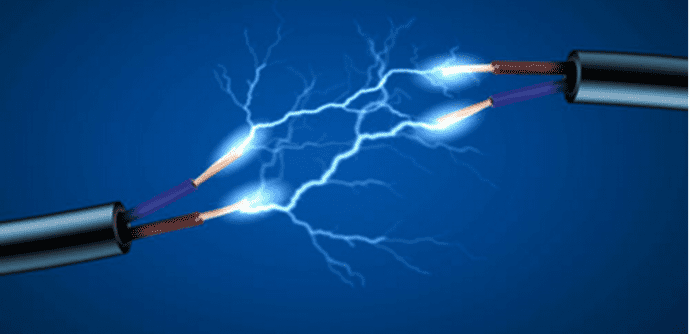Harnessing the power of pee : Your urine may soon generate electricity thanks to this small and cheap fuel cell
Scientists in the UK have developed a new kind of fuel cell that can turn urine into electricity and which could revolutionize the way we produce bioenergy, particularly in developing countries. The research, published in Electrochimica Acta, describes that this new design of microbial fuel cell is smaller, cheaper and more powerful than the existing traditional fuel cells. Most importantly,
There is an increasing pressure to develop new renewable sources of energy, as world’s supply of fossil fuels is getting depleted. Bioenergy is one such source, and microbial fuel cells can produce it.
In their study, researchers from University of Bath, Queen Mary University of London and the Bristol Robotics Laboratory describe a new design of microbial fuel cell that overcomes two limitations of standard microbial fuel cells: their cost and low power production.
“Microbial fuel cells have real potential to produce renewable bioenergy out of waste matter like urine,” said chemical engineer Mirella Di Lorenzo from the University of Bath. “The world produces huge volumes of urine and if we can harness the potential power of that waste using microbial fuel cells, we could revolutionise the way we make electricity.”
Microbial fuel cells use the natural processes of certain bacteria to turn organic matter into electricity. There are other ways of generating bioenergy, including anaerobic digestion, fermentation and gasification. But microbial fuels have the advantage of working at room temperature and under ordinary atmospheric pressure. They are also efficient, relatively cheap to run and generate less waste than the other methods.
However, it has one disadvantage that they can be expensive to manufacture, but that’s where the new fuel cell comes in. The new miniature microbial fuel cell uses no expensive materials for the cathode; instead it’s made of carbon cloth and titanium wire. The electrodes are usually made of cost-effective materials, but the cathode often contains platinum to speed up the reactions that create the electricity. Also, microbial fuel cells tend to generate less power than the other methods of bioenergy production.
It uses a catalyst that’s made of glucose and ovalbumin, a protein found in egg white to speed up the reaction and create more power. These are typical constituents of food waste.
“We aim to test and prove the use of carbon catalysts derived from various food wastes as a renewable and low-cost alternative to platinum at the cathode,” said corresponding author Dr. Mirella Di Lorenzo from the University of Bath.
The new system also addresses one of the other big criticisms of microbial fuel cells: low power production. Doubling the length of the electrodes, from 4mm to 8mm, the scientists managed to increase power output by 10 times, and augmented this further by stacking up three of the miniature microbial fuel cells.
This is not the first time the scientists have taken advantage of the properties of urine to produce electricity. Recently, researchers have developed electricity-generating urinals and wee-powered socks to generate Wi-Fi signals.
“Microbial fuel cells could be a great source of energy in developing countries, particularly in impoverished and rural areas,” said Jon Chouler, lead author of the study from the University of Bath. “Our new design is cheaper and more powerful than traditional models. Devices like this that can produce electricity from urine could make a real difference by producing sustainable energy from waste.”
“We have shown that the cell design has an incidence on performance and we want to further investigate the relevance of electrode surface area to volume ratio on performance. Our aim is to be able to effectively miniaturize the MFC and scale-up power production by generating compact batteries of multiple miniature units,” added Dr. Di Lorenzo.
The research is published in Electrochimica Acta.
